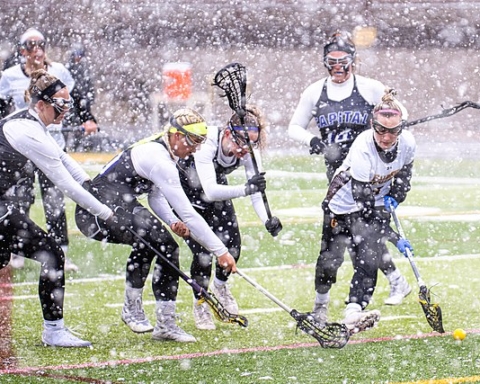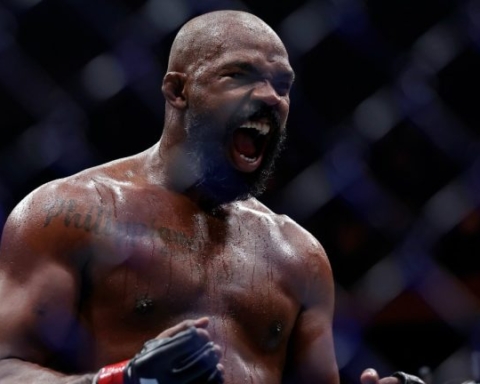“Zero tolerance” is defined by Merriam Webster as, “refusal to accept antisocial behavior, typically by strict and uncompromising application of the law.” Many businesses have “zero tolerance” policies for behavior, usually involving discrimination, harassment, assault and other felonies. If an employee disregards any rule laid out as “zero tolerance,” they will likely be fired. In schools, zero tolerance is influenced by mass shootings and the opioid epidemic. Many schools and districts have banned the possession of weapons, chains, knives and even toy guns in attempt to limit future homicides in schools. “Zero tolerance” has substituted the phrase, “I don’t want to deal with any nonsense.” Suspension and expulsion do nothing to help the students, especially in regard to bullying and felonies. Negative reinforcement does not always help teach a developing student. Schools should provide ample instruction and education on how to be better.
In regard to professional sports, particularly in the National Football League, the term, “zero tolerance,” is tossed around like a hot potato, especially when in concern with domestic violence and abuse. Dallas Cowboys’ owner Jerry Jones said, “I have zero tolerance for domestic abuse,” only a few years after signing Greg Hardy, a Pro Bowl defensive end tied with multiple domestic abuse charges.
In the fall of 2016, Josh Brown, former New York Giants’ kicker, confessed to violently abusing his ex-wife. The Giants announced that they had resigned Brown to an extension, even after the tape came out of his admission. Due to an assault by fans, the Giants announced that they do not condone Brown’s actions and suspended him for the team’s Week 7 matchup against the Jacksonville Jaguars. A week later, he was released and was boycotted by the rest of the NFL. The 37-year-old never found a job kicking a football again; Brown was an aging kicker who didn’t have much upside left in his career, and for NFL general managers, the criticism was not worth the price tag of signing the veteran placekicker.
This past November, TMZ released a video of NFL Pro Bowl running back Kareem Hunt assaulting a woman. Hunt was hailed as a generational talent and is a star on the field. As a rookie, he led the league in rushing yards and helped lead a struggling Chiefs team into the playoffs. Before being released, he continued to lead the Chiefs along with their up-in-coming quarterback, Patrick Mahomes. Hours after the video surfaced, The Chiefs released him. Good move, right? A week after the Super Bowl, The Cleveland Browns signed Hunt to a one-year deal.
Also last November, Reuben Foster was arrested for domestic abuse. The former Alabama linebacker had a bright future ahead of him; he was a first round pick, and the 49ers saw him as a future piece to a historically good linebacker core, but he was not a superstar in the league. Foster started his rookie season on the right side of the defense. He began the next year suspended for two games due to a weapons offense and misdemeanor drug offense. He was then arrested for domestic abuse in November. Shortly after the news broke, The 49ers released the young linebacker. Three days later, the Washington Redskins signed him.
In any job, being a domestic abuser would likely get you fired. If not, you are put on an unpaid leave. But again, companies give no help on how to improve.
The MLB is taking steps to try to limit domestic abuse. The MLB regards four main areas when a player is accused: treatment for the player, discipline, an investigation and educating the player on how to do better. Players are suspended without pay for several games, but while they are not on the diamond, they are receiving help; and not only for themselves, but for the abused. The NFL has seemingly done more damage to the abused by resigning players, than attempting to minimize the abusive in the culture of football. America has more than a “zero tolerance” problem, we have a problem on how to address “zero tolerance.” By educating the culprit, and providing counseling we can create a safer country without the fear of abuse.
By Matthew Villanueva, Staff Writer
villanjv18@bonaventure.edu





